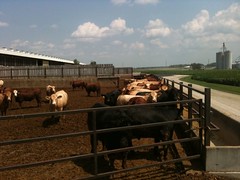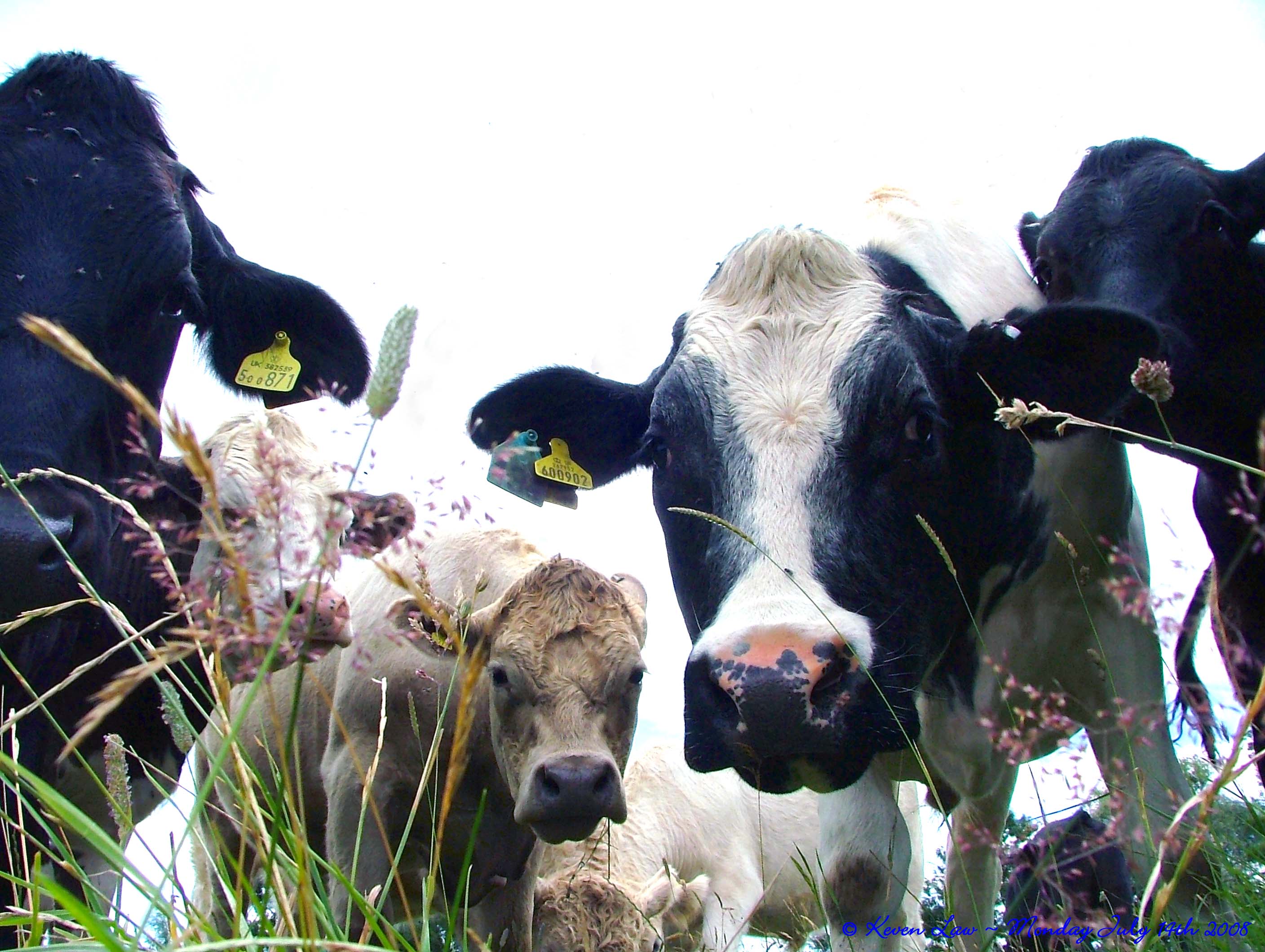Give enough information in your title so that a reader can decide if it is something that he or she wishes to read.
Search This Blog
Wednesday, October 20, 2010
Eating Ethically
If we can put tabs on alcohol and cigarettes, I can feel comfortable advocating control over fast food. In addition to this, the government should adjust subsidies on corn and perhaps provide incentives to organic farmers and local grocers. We need to discourage this fast-food mentality that gets applied to everything; a mentality that promotes mega-marts, preservatives, and homogeneous lifestyles. It endangers our mentality and our bodies.
I want to applaud the media for bringing these issues to light. Documentaries like Food, Inc., Supersize Me, and Fast Food Nation bring issues like this to light. However, it’s still not enough. The media has a responsibility to shine the light on these issues; they need to give the public the information to make an informed decision.
Spending a few more dollars on dinner can make such a huge difference. It’s a small commitment that provides a healthier lifestyle and benefits the planet and global community. If we all just ate a little less meat and replaced the meat that we do eat with a higher quality, free-range, grass fed alternative, we could take a huge step forward in regards to the environment. To be honest, it’s a lot easier than recycling.
Monday, October 11, 2010
Eating Ethically

Vegetarianism cannot possibly fix our environment, but it’s the easiest and most effective commitment an individual can make. Gidon Eshel, a geophysicist, and Pamela Martin, an assistant professor of geophysics at the University of Chicago, state that “if Americans were to reduce meat consumption by just 20 percent it would be as if we all switched from a standard sedan — a Camry, say — to the ultra-efficient Prius.”
By reducing consumption of meat or abstaining from it entirely, an individual reduces water pollution caused by the cattle and their waste reservoirs and air pollution caused by both the cattle’s’ carbon and methane emissions and the transportation of the meat.
Over seventy percent of the grain grown in the country is used to fuel feedlots. Meat could be considered a weak investment in food production as they are very inefficient. It takes sixteen pounds of grain to grow—let’s admit it, you can hardly call it farming or raising, anymore—one pound of meat. It takes five pounds of wild fish to grow one pound of salmon (and an inferior salmon, at that!). “According to the USDA and the United Nations, using an acre of land to raise cattle for slaughter yields 20 pounds of usable protein. That same acre would yield 356 pounds of protein if soybeans were grown instead”[sic]more than 17 times as much!”
Imaging what we could do with all the grain, land, and water we’d save if we just committed to spending a little more time on dinner—if we just brought ethics to the table.
It’s cheaper to grab a burger and fries on your way home, but it shouldn’t be. Government subsidies favor corn and wheat (both used heavily on feedlots) so they can be sold below production costs and fruit and vegetable farmers aren’t united enough to even ask for government subsidy. If we were to reduce the amount of money given to grain and corn farmers, we could reduce the cost of produce—and supply nutritious food for the poor — and increase the price of “junk food” and meat.
Wednesday, October 6, 2010
Eathing Ethically
I have been a lacto-ovo vegetarian for almost fifteen years. I abstain from eating meat, although I’ll eat eggs, milk, and the products of animals, generally. Oddly, enough, I made this decision when I was around four years old—obviously, it wasn’t a logical one, at the time, but I found that as I grew older, I created reasons for myself after the fact; they weren’t half bad.
 Going vegetarian is pretty much the single greatest impact you can make for the sake of the environment. Methane is over twenty times as powerful as any other greenhouse gas; it’s responsible for more global warming than all other greenhouse gases combined. Concentrations of animal waste and cattle farms contribute over one hundred million tons of methane per year. Water tables are polluted from the nitrogen in the cattle’s urine. The nitrates could contaminate wells and drinking water. An individual cow wouldn’t contribute anything too terribly serious; however, farming has grown from a small-scale and personal experience into a giant process. We’ve taken
Going vegetarian is pretty much the single greatest impact you can make for the sake of the environment. Methane is over twenty times as powerful as any other greenhouse gas; it’s responsible for more global warming than all other greenhouse gases combined. Concentrations of animal waste and cattle farms contribute over one hundred million tons of methane per year. Water tables are polluted from the nitrogen in the cattle’s urine. The nitrates could contaminate wells and drinking water. An individual cow wouldn’t contribute anything too terribly serious; however, farming has grown from a small-scale and personal experience into a giant process. We’ve taken
I’m not saying that these are evil Mega-corporations and we should form a lynch mob or anything. If the surgeon general and the FDA require tobacco companies to label cigarettes as dangerous carcinogens, is it really too much to ask for some regulation regarding something as vital as our food? I’m all for the individual’s responsibility to educate themselves, but it’s undeniable that the conditions regarding our food are kept, for the most part, in the dark. If we’re staying for dinner, is it really too much to ask to just have a peek in the kitchen?